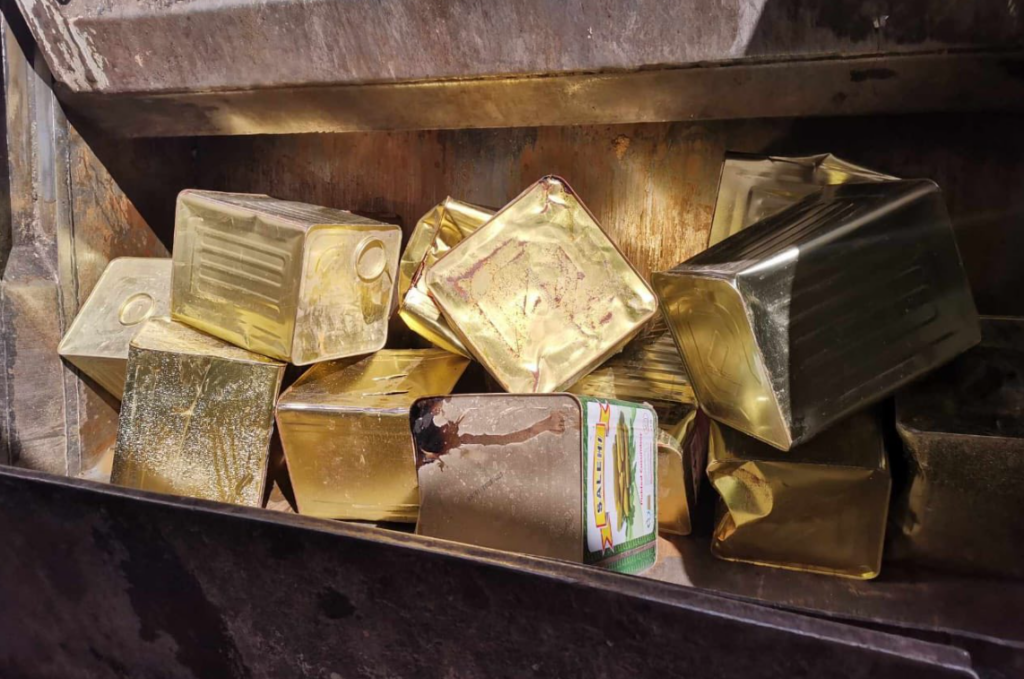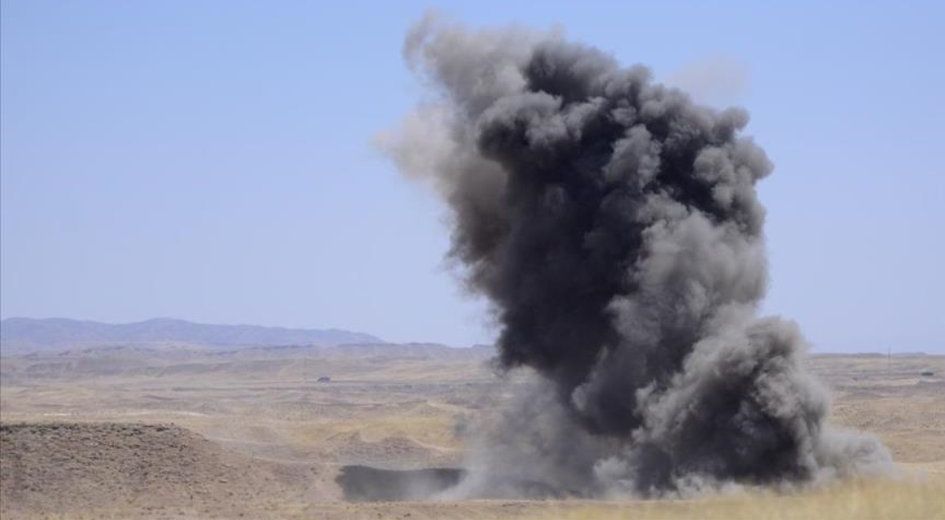Who is Joseph Aoun, Lebanon's army chief turned president?

Joseph Aoun, head of Lebanon’s army, on Thursday was elected as the country’s 14th president of the republic.
The 60-year-old commander takes over the position that has been vacant for over two years due to political deadlock.
Securing 99 of the Lebanese parliament’s 128 votes, Aoun garnered widespread support across Lebanon’s political spectrum, despite initial reservations from Hezbollah and its allies.
While political statements from Aoun are rare, he recently emerged as the US and Saudi Arabia’s favoured candidate for the Lebanese presidency.
The local and international push gathered momentum following Israel’s two-month offensive in Lebanon last year, which killed over 4,000 people and displaced over a million.
Aoun managed to keep the Lebanese army out of the conflict, though Israeli air strikes killed over 40 Lebanese troops.
He has also overseen his soldiers’ deployment in southern Lebanon as part of the ceasefire agreement with Israel, which continues to hold despite Israel’s repeated violations.
The army under Aoun
Originating from the town of Aaichiye in south Lebanon, Aoun was born in Sin al-Fil near Beirut in 1964.
He joined the Lebanese army in 1983 and rose up in ranks to become commander in chief of the army in 2017.
Soon after his appointment, he was tasked with the mission of expelling the Islamic State group and al-Nusra Front from eastern Lebanon.
Aoun’s handling of the situation was met with praise, with then US ambassador to Lebanon Elizabeth Richard saying he had done an “excellent job”.
These battles also helped solidify Aoun’s image internally.
“Joseph Aoun has led the Lebanese Armed Forces, the only remaining institution that enjoys broad trust across Lebanon’s deeply divided society,” Imad Salamey, a Middle Eastern politics expert at the Lebanese American University, told Middle East Eye. “Under his leadership, the army maintained inclusivity and neutrality, protecting Lebanon’s stability amid crises.
Read More »“Aoun demonstrated independence and accountability, refusing to align the military with political factions. This stance, particularly in turbulent times, set him apart as a capable and principled leader.”
When Lebanon plunged into a severe economic crisis in 2019, Aoun warned of the effects it could have on all sectors of Lebanese society.
The Lebanese army, sometimes criticised for its actions against civilian protesters in the early months of the crisis, was also deeply affected by the crisis.
Its budget shrunk, its soldiers’ salaries decreased, and its reliance on foreign, particularly American, aid increased.
In 2020, the Lebanese army announced a vegetarian diet for on-duty soldiers, stating it could no longer afford the tripled price of meat.
“Soldiers are suffering and going hungry, just like the people,” Aoun said in 2021, asking the country’s politicians what they intend to do to face the situation.
Recent years saw a rise in US aid to the Lebanese army, having given over $2.5bn since 2006.
Part of this aid is related to US policy focused on supporting state institutions as a counter to Hezbollah, which Washington deems a terrorist organisation.
Aoun and Hezbollah
Under Lebanon's sectarian power-sharing system, the president must be a Maronite Christian, a rule that also applies to the army leadership.
Aoun is the fourth consecutive president to have served as army commander, including his predecessor Michel Aoun, who is not related to him, and the fifth in total.
'Aoun demonstrated independence and accountability, refusing to align the military with political factions'
- Imad Salamey, political analyst
Unlike his predecessor, though, Aoun is backed by many of Hezbollah’s opponents in Lebanon, hoping he would counter the Lebanese armed group as head of state.
In his acceptance speech, Aoun pledged to affirm the state's right to “monopolise the carrying of weapons”, which some interpreted as a challenge to Hezbollah’s arsenal.
“I will discuss a defence strategy for the Lebanese state to fight against the Israeli invasion. And I do mean the Lebanese state,” he told lawmakers.
“Hezbollah doesn’t outright oppose Aoun but is cautious,” Salamey said. “Military leaders like him are perceived as loyal to the institution rather than political actors, which could limit Hezbollah’s ability to influence state security policies.
"Aoun is expected to safeguard the political - not military - role of Hezbollah, a stance that may not fully align with the group’s broader ambitions but avoids direct confrontation.”
While some interpreted the strong American and Saudi support for Aoun’s candidacy as a direct interference in Lebanese affairs, Salamey does not view it as a new practice in the country.
All major political groups in Lebanon have foreign backers, with Iran, Saudi Arabia, the US and, at some point, Syria, acting as interchanging kingmakers.
“While Aoun’s candidacy has significant backing from foreign powers, this is consistent with past practices,” Salamey added. “He is not being ‘imposed’ but rather selected as a consensus candidate who aligns with Lebanon’s immediate needs for stability and reform.”




